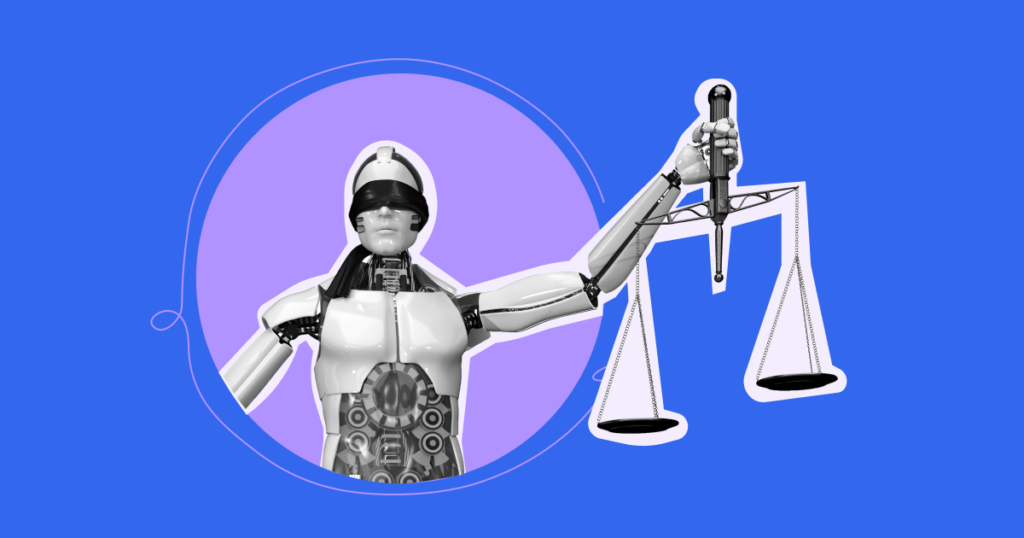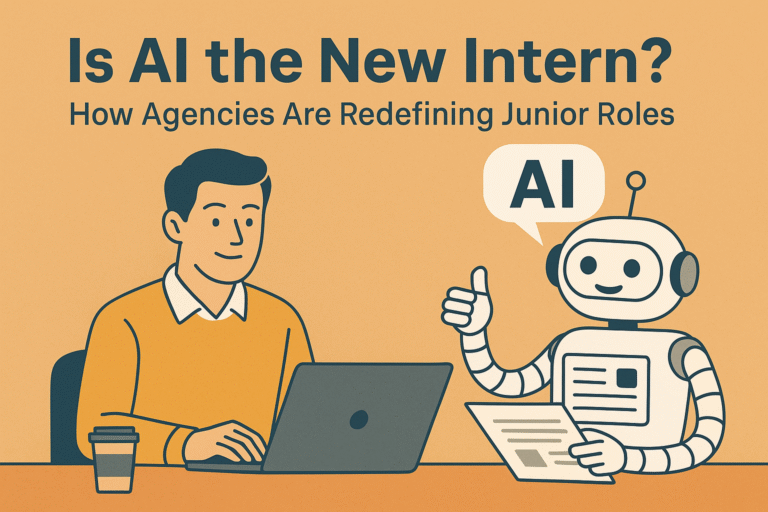
Introduction: The Growing Role of AI in Marketing
Artificial intelligence (AI) is rapidly transforming marketing practices, offering businesses smarter ways to engage customers, personalize content, and optimize campaigns. However, as AI becomes more integrated into marketing strategies, it raises significant ethical concerns, particularly regarding privacy.
In the United States, where data privacy laws like the California Consumer Privacy Act (CCPA) are gaining traction, marketers must navigate the delicate balance between harnessing the power of AI and respecting consumer privacy. This blog will explore the key ethical issues surrounding AI in marketing, provide examples from U.S. brands, and offer solutions to ensure responsible AI usage.
1. Understanding AI in Marketing
a. What Is AI in Marketing?
AI in marketing refers to the use of machine learning, data analytics, and automation to streamline tasks, personalize content, and optimize marketing strategies. From chatbots that handle customer queries to algorithms that predict purchasing behavior, AI helps marketers make data-driven decisions quickly and efficiently.
AI Tools for Marketing:
- HubSpot: Offers AI-powered marketing automation features, from email marketing to customer segmentation.
- Hootsuite Insights: Uses AI to analyze social media data and predict trends.
b. How AI is Used in Marketing
Common applications of AI in marketing include:
- Personalized Recommendations: AI uses consumer data to suggest products based on previous behavior. Amazon, for example, uses AI to recommend products to users based on their browsing and purchasing history.
- Content Automation: AI tools like Jasper and Writesonic help create personalized emails, social media posts, and blog content with minimal human intervention.
- Predictive Analytics: Brands use AI to analyze consumer behavior patterns and predict future actions, improving campaign targeting and customer retention. Tools like Google Analytics and Predictive AI by Salesforce help businesses use data to forecast trends.
Also Read : Top Small Business Marketing Apps You Need to Boost Your Growth
2. The Ethics of AI in Marketing: Key Concerns
As AI takes on a bigger role in marketing, it brings several ethical challenges. Below are some of the primary concerns marketers must consider when using AI.
a. Consumer Privacy and Data Protection
One of the most critical ethical concerns is how businesses collect, store, and use consumer data. With AI’s ability to analyze vast amounts of personal information, marketers can create incredibly accurate customer profiles. While this can lead to highly effective marketing, it also raises questions about how much data is too much.
Example:
- Facebook (now Meta) has faced backlash over its use of AI-driven algorithms to collect and analyze user data for targeted ads. In response, the company has had to implement stricter privacy measures.
AI Tools for Privacy Compliance:
- OneTrust: This AI tool helps businesses comply with data privacy regulations, like the GDPR and CCPA.
- TrustArc: Offers privacy management solutions that use AI to monitor data use and ensure compliance with privacy laws.
b. Bias in AI Algorithms
AI algorithms are only as unbiased as the data they’re trained on. If marketers use biased data sets, their AI tools can inadvertently reinforce stereotypes or exclude certain groups. For example, if an AI tool is trained on data that predominantly represents one demographic, it may fail to provide accurate recommendations for users outside of that group.
Example:
- Amazon had to scrap an AI recruitment tool after it was found to favor male candidates over female candidates due to biased historical hiring data.
AI Tools to Combat Bias:
- Fairness Toolkit by IBM Watson: Helps marketers identify and mitigate bias in AI algorithms by assessing training data for fairness.
- Google AI Fairness: A set of resources designed to help developers and marketers build unbiased AI models.
c. Lack of Transparency
Another ethical issue with AI in marketing is the “black box” nature of many AI algorithms. Often, marketers may not fully understand how AI tools are making decisions or which data points are influencing outcomes. This lack of transparency can undermine consumer trust and raise ethical concerns about accountability.
Example:
- Google’s AI algorithms used in ad targeting have been criticized for not being transparent in how they rank search results or serve ads.
AI Tools for Transparency:
- Google Cloud AI: Offers more transparent machine learning models that marketers can use to better understand how AI decisions are made.
- H2O.ai: An open-source AI platform that helps companies build transparent and interpretable machine learning models.


